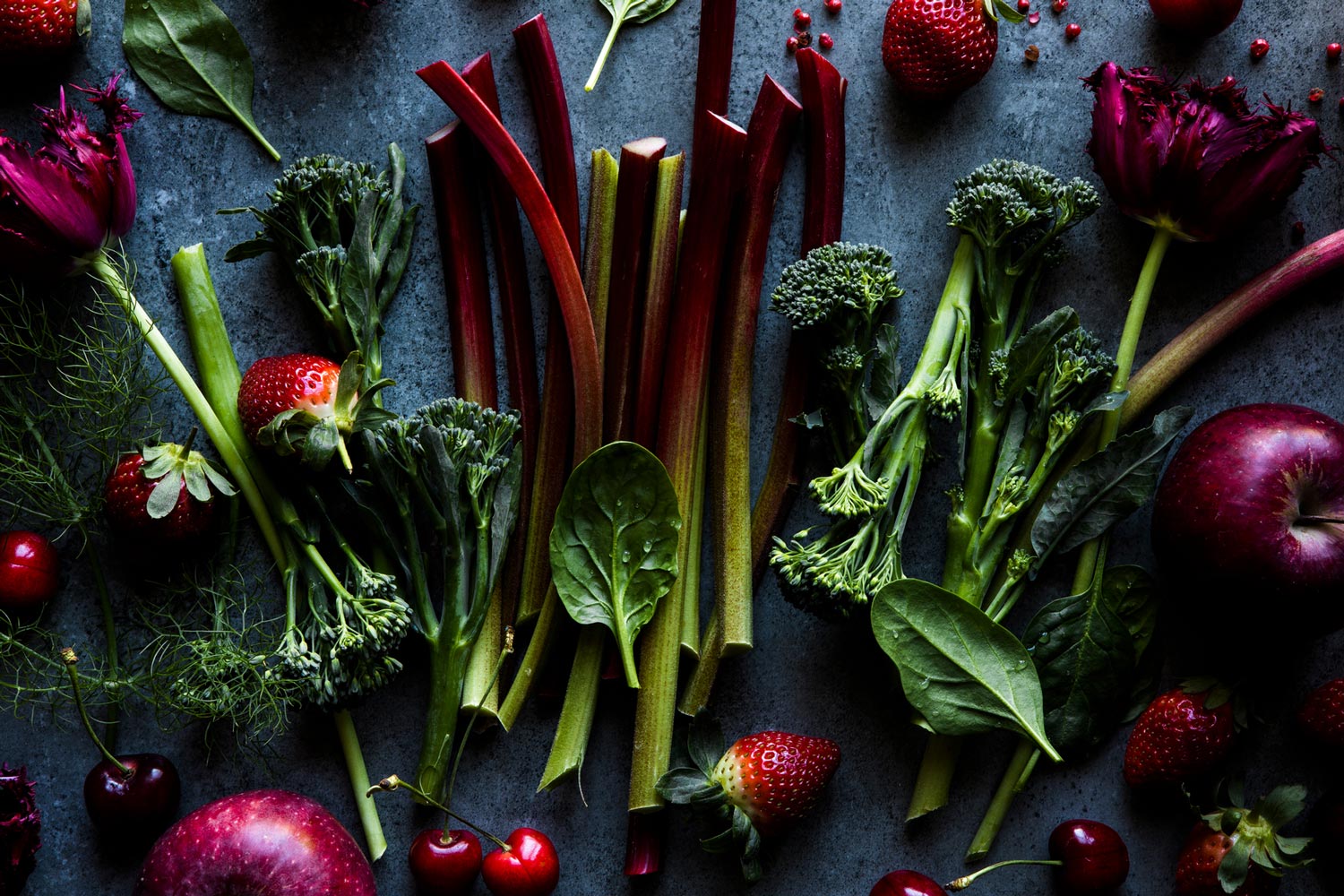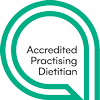Can you be vegan and an intuitive eater?
It’s Veganuary and a common question at this time of the year is “can you be vegan and an intuitive eater?”. This is a really important question because vegetarianism and veganism are sometimes used to disguise or legitimise disordered eating behaviours. In fact, disguising restrictive eating is becoming easier as veganism is becoming more and more accepted in society.
What are your reasons for being or wanting to go vegan?
In order to answer the question: “can I be vegan and an intuitive eater?”, it’s important to be really clear about your primary reason for choosing to be vegan. A good place to start is to ask yourself why you are or why you want to go vegan? Be absolutely honest with yourself. Is it primarily for environmental or ethical (animal welfare) reasons? Is it for health reasons?
If your primary motivation for being or becoming a vegan is for environmental or animal welfare reasons (and you don’t have a history of disordered eating or an eating disorder) there is no reason why you can’t be vegan and an intuitive eater. Just remember that while these might initially be your reasons for going vegan, it’s very easy to get caught up in diet mentality in today’s culture with its’ focus on and idealisation of thinness. And if you have a history of disordered eating or an eating disorder, it’s better to think of ways you can support these causes outside of what’s on your plate.
If you answered “for health reasons”, it’s a good idea to probe a little deeper because veganism when combined with a diet mentality becomes another way of dieting. Ask yourself some tough questions like: Am I vegan or wanting to go vegan to lose weight? Do I cut out lots of vegan foods because they’re “fattening” or “highly processed”? Do I ever have cravings for non-vegan foods? Does being or will going vegan likely feel restrictive to me? If you answered “yes” to one or more of these questions, it could be helpful to explore whether being or going vegan is right for you – for example with a dietitian specialised in in vegan nutrition and Intuitive Eating. Another good question is to ask yourself where you get your information about veganism? Are you reading and following a lot of health-focused or sensationalized plant-based content? Be aware that there are many influencers/health coaches/bloggers promoting veganism as a weight loss diet – which it is not intended to be. Veganism is also not just about avoiding animal foods. Rather, as the Vegan Society describes it, it’s “a philosophy and way of living which seeks to exclude—as far as is possible and practicable—all forms of exploitation of, and cruelty to, animals for food, clothing or any other purpose; and by extension, promotes the development and use of animal-free alternatives for the benefit of animals, humans and the environment. In dietary terms it denotes the practice of dispensing with all products derived wholly or partly from animals.”
I don’t for a minute want to suggest that everyone who eats outside of a mainstream omnivore diet has some form of disordered eating or an eating disorder. That’s not the case. But I do think it’s really important if you are considering going vegan to consider your reasons for doing so. Going vegan in order to restrict food, diet and lose weight is not consistent with being an intuitive eater.
What if you decide a vegan diet is not for you?
What if you want to do something for your health but a vegan diet feels too restrictive? No need to worry. You don’t have to reject all animal foods in order to have a healthy, productive life. There are many lifestyle and genetic factors that contribute to health – what you eat is just one of them. Remember that as far as nutrition is concerned, it’s the big picture that counts long-term: balance, moderation and variety. Holding off on labelling the way you eat can give you time and space to experiment eating a range of different foods and to find out how you feel after eating them. For example, maybe you want to eat more plant-based foods but (like me) wouldn’t want to give up cheese. Just adding some more plant-based foods to your plate is a great place to start and consistent with the principle of Intuitive Eating “Gentle Nutrition”. Make sure they are foods you actually enjoy eating. There’s no reason why you have to eat kale, sweet potato, cauliflower etc. if you don’t like them. “Gentle nutrition” includes eating foods that taste good and feel satisfying to you. It also means you don’t have to eat foods that don’t taste good or satisfy you. I don’t like the taste of Brussels sprouts and never have. I’m also not fond of quinoa. Neither is a pleasant eating experience for me so I choose not to eat them. What you eat should be tasty and satisfying to you.
Anecdotally, when clients start on their journey towards becoming an intuitive eater, they begin to notice that they feel better physically when eating more plant foods. An added bonus is knowing you are still making a small contribution towards the health of the planet.
What’s the bottom line?
If practised carefully and with the right intentions, you can be a vegan intuitive eater. It’s a good idea to work with a dietitian who specialises in vegan nutrition and Intuitive Eating. If you have a history of disordered eating or an eating disorder, it is highly recommended you consult a dietitian with experience in this area before embarking on a vegan diet and Intuitive Eating.
Ready to take the next step? Contact me and request a complimentary call to find out more about Intuitive Eating and how to truly nourish yourself – body, mind and soul.




